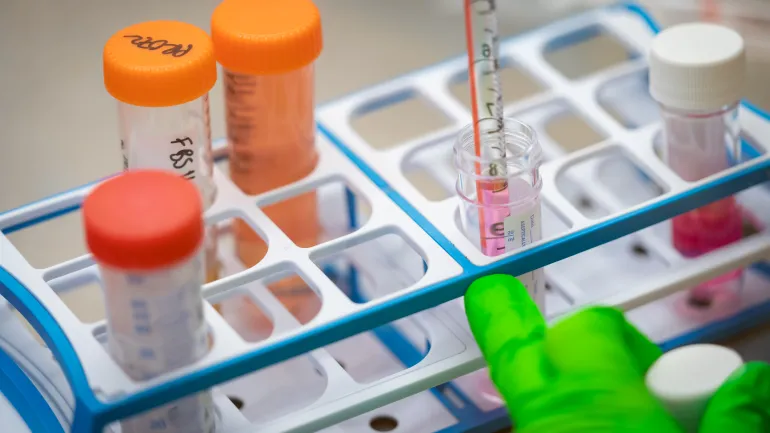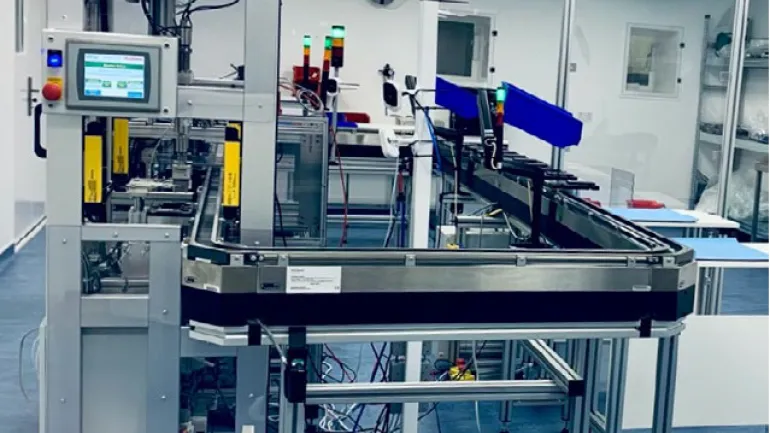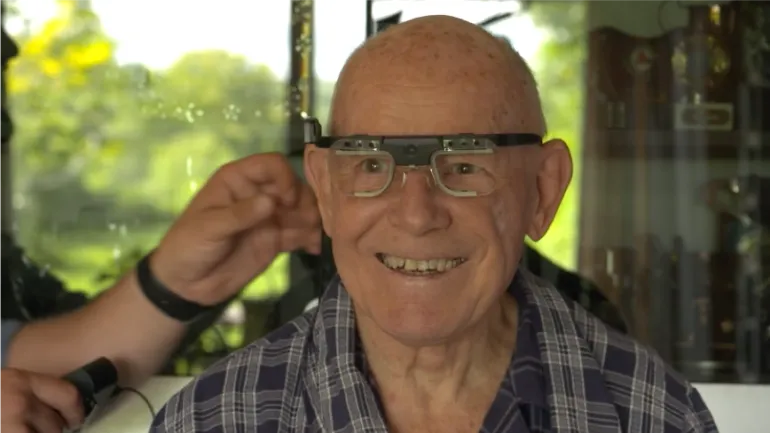Project Duration: 6 months
Partners: Pennog Limited and Clinical Innovation Accelerator (CIA) Cardiff University
Project aim: To evaluate the efficacy of highly innovative naturally-derived coatings with virucidal activity against SARS-CoV-2 coronavirus to produce
safer personal protective equipment and reducing waste through reusable products
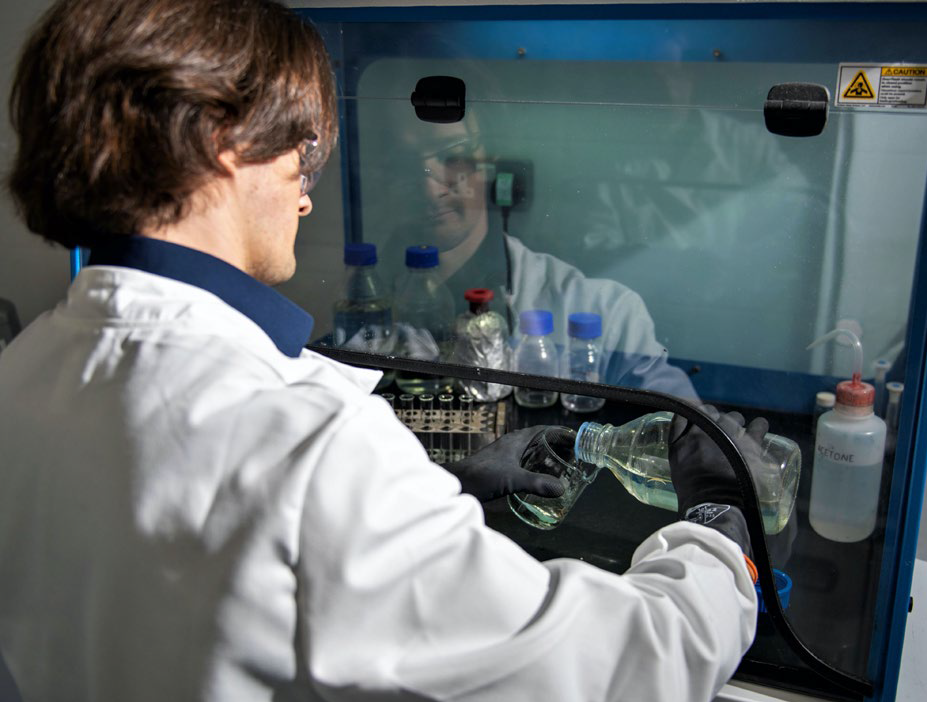
Project overview
Personal protective equipment (PPE) is used in a variety of settings to protect the user from risks to their health and safety. Examples of PPE include gloves, eye protection, visors, helmets and masks. The COVID pandemic has driven an emerging demand for single-use personal protective equipment (PPE) and medical devices. There is also the need for high-risk locations and activities to be more resilient and efficient in the handling and use of PPE and surfaces that have the potential for lethal virus exposure. This project builds on a collaboration supported by Innovate UK between Bangor University’s BioComposites Centre and Pennog Ltd, to develop naturally-derived virucidal actives by trying to assess the efficacy of coating formulations in rendering pandemic viruses immobile and destroying them on contact with a coated surface. This innovative coating is intended to render materials that are in contact with the COVID-19 and other viruses safe. This could convert PPE in active use, from a potential virus transmitter into mobile virus-deactivating devices.
Accelerate's involvement
Accelerate is supporting this industry-led collaboration to focus on the preparation and evaluation of the efficacy of highly innovative naturally derived coatings (containing chemically modified chitosan) with virucidal functionality. This is being enabled through Cardiff University’s expertise in virology and project management, and the commercial know-how and experience of Pennog.
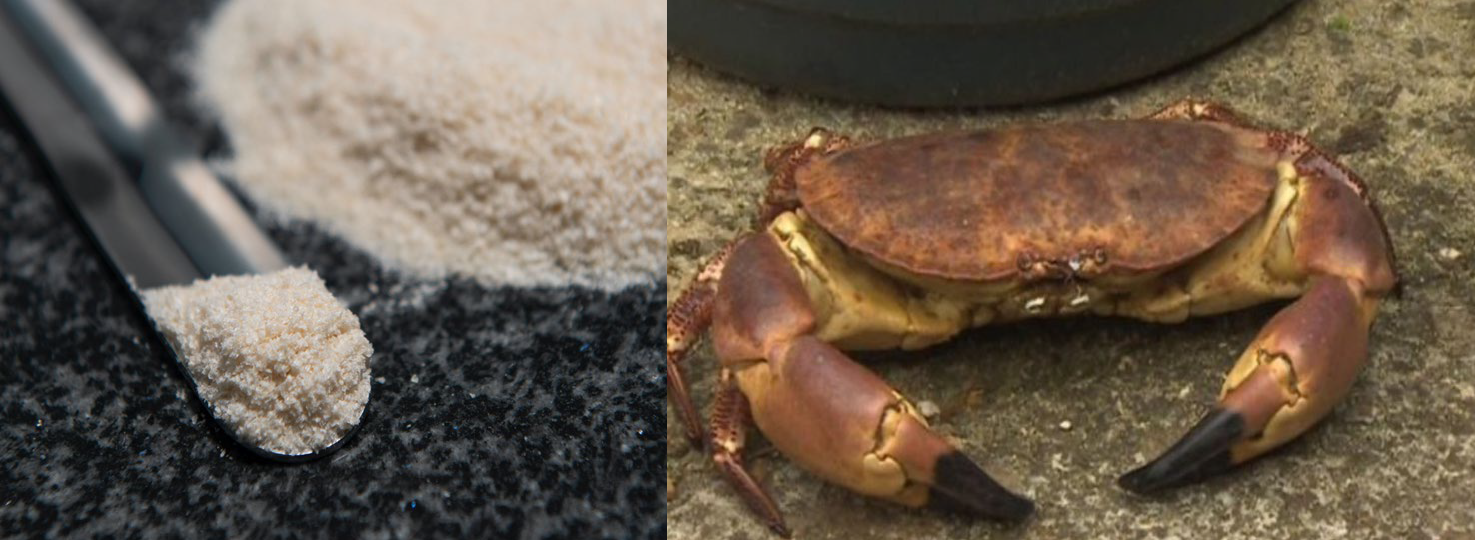
Outcomes
- Delivery of quantified virucidal efficacy and cost impact on manufacture for virucide-coated medical devices and PPE surfaces
- Evidence on mechanisms of action and bio-medical applicationsof chemically modified natural polymers as virucidal agents
- A virucidal coating technology – sustainably sourced and manufactured by Pennog Ltd
- Conversion of single-use PPE to longer-lasting multi-use products
Future impact
- Creation of new high value manufacturing and associated employment in Wales
- Academic case studies
- Industry-led, pan-Wales collaboration combining medical expertise at Cardiff University and synthetic chemistry expertise of Bangor University to develop a platform for further Research and Development projects
- Significant opportunities for increased grant income potential and research staff employment
- New data to support development of further health interventions
- Peer-reviewed publications
- Support for the University’s Civic Mission agenda
- Environmental benefits
This project is part of the Accelerate programme which is part-funded by the European Regional Development fund, through Welsh Government.


